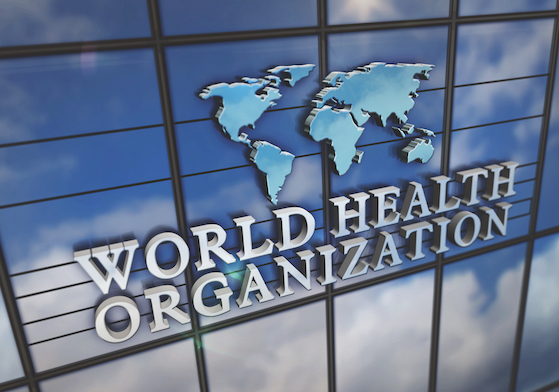Blog
Blog
WHO releases largest global collection of publicly available health inequality data

The World Health Organization (WHO) has released the largest global collection of publicly available disaggregated data on health inequality.
Composed of nearly 11 million data points across more than 2,000 indicators, the Health Inequality Data Repository (HIDR) allows for the tracking of health disparities across population groups, ranging from education level to ethnicity, and over time.
Data collected from the repository shows that the rich-poor gap in health service coverage among women, newborns and children in low- and middle-income countries has nearly halved in just ten years.
It also reveals that eliminating wealth-related inequality in under-five mortality in these countries could ‘help save the lives of 1.8 million children’.
In high-income countries, hypertension was found to be more common among men and obesity rates found to be similar among men and women. By contrast, in low-income countries, hypertension rates are similar among women and men, but obesity rates are higher among women.
Inequalities in national COVID-19 responses are also revealed by the repository, which found that in 2021, in more than a third of the 90 countries with data, COVID-19 vaccination coverage among the most educated was at least 15 percentage points higher than among the least educated.
Dr Tedros Adhanom Ghebreyesus, WHO director-general, said: “The ability to direct services to those who need them the most is vital to advancing health equity and improving lives.
“Designed as a one-stop-shop for data on health inequality, the repository will help us move beyond only counting births and deaths, to disaggregating health data according to sex, age, education, region and more.”
Topics included in the HIDR also include the Sustainable Development Goals, reproductive, maternal and child health, immunisation, HIV, tuberculosis, malaria, nutrition, healthcare, non-communicable diseases and environmental health.
However, data is still not available for many health indicators, WHO said, and where it is available, it is most frequently broken down only by sex and, to a lesser extent, by age and place of residence.
WHO is now calling on countries to adopt routine health inequality monitoring, make disaggregated data publicly available, expand data collection and increase capacity for analysis and reporting.
Πηγή: pmlive.com





